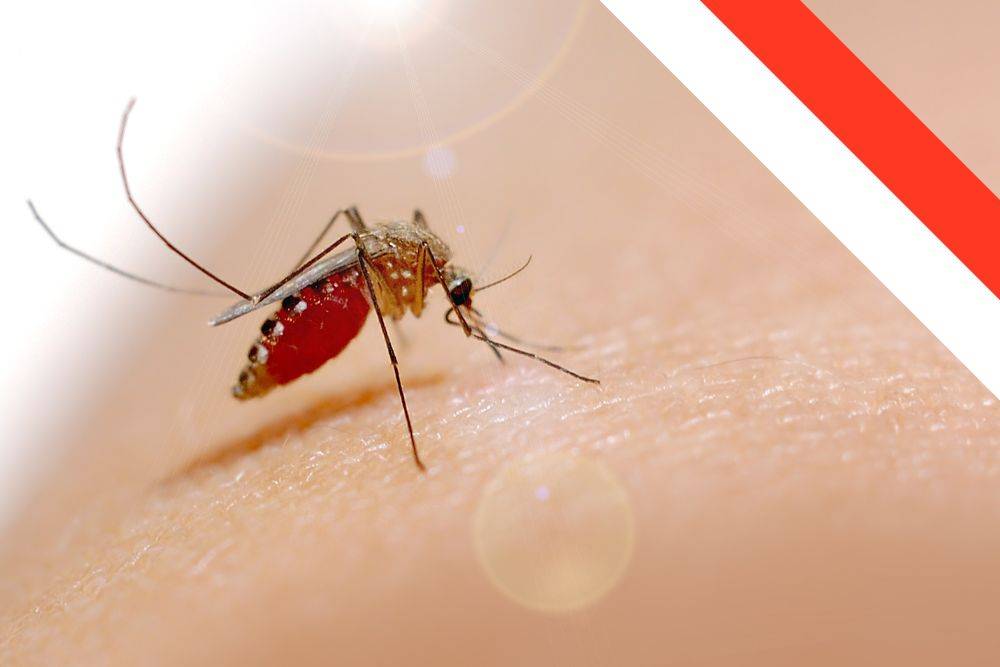Dengue fever cases in Indonesia have skyrocketed by a staggering 200% in 2024, leaving healthcare facilities overwhelmed.
A Complex Web of Factors Emerges
The Health Ministry discovered roughly 62,000 dengue cases with 475 deaths from January to mid-April, almost triple the 22,500 cases and 170 deaths during the same period last year. The ministry blamed the recent outbreak on a warmer rainy season caused by the El Niño climate phenomenon, which speeds up mosquitoes’ life cycles, helping them grow faster and live longer. Warmer temperatures also speed up virus reproduction in infected mosquitoes and increase the frequency of mosquito bites, allowing them to spread diseases more quickly. The recent spike in cases has overwhelmed hospitals in several cities, forcing medical workers to treat patients in the hallway and turn away sick people.
El Niño, a weather phenomenon characterised by abnormally warm ocean temperatures, has created ideal breeding grounds for Aedes mosquitos, the primary vector that transmits dengue. Climate change, with its increased rainfall patterns, further amplifies mosquito populations. Rapid urbanisation, often characterised by unplanned settlements and inadequate waste management, creates stagnant water – perfect mosquito breeding grounds. Globalisation and increased travel raise concerns about the introduction of new dengue virus strains.
Human Cost of the Outbreak
Many struggle with the disease. A couple faced a difficult choice after being turned away from a crowded hospital due to limited beds. This experience highlights the challenges in accessing proper medical care during the surge. Stretched thin by the influx of dengue fever patients, hospitals grapple with limited resources, worsening the situation. Complications like dengue haemorrhagic fever and dengue shock syndrome can be fatal if not treated promptly. The economic impact is also significant, with illness and absenteeism harming businesses. Medical costs burden families, especially those already struggling financially.
Government Response Under Scrutiny
The government’s campaign focuses on community mosquito control. Critics call it a mere slogan with little impact. They urge long-term solutions like improved waste management. Public awareness campaigns lack focus on specific regions and demographics. Clear communication is crucial to educating people about dengue prevention and seeking timely medical attention. Limited research and development efforts hinder progress. Investment in vaccines and innovative mosquito control methods is vital for long-term solutions.
Combating the Dengue Epidemic
A multi-pronged approach is needed to address this crisis. Here are key areas for action:
Strengthening Healthcare
Hospitals must increase bed capacity and medical staff to handle the surge in dengue fever patients.
Public Awareness
Educate people about dengue fever, prevention methods, and seeking medical attention. Tailor campaigns to different regions and demographics.
Research & Development
Invest in vaccines and innovative mosquito control methods. Collaborate with international researchers on dengue control efforts.
Mosquito Control
Apply larvicide, target spraying, and promote mosquito nets and repellents. Use integrated vector management (IVM) strategies for effective mosquito control.
Community & International Collaboration
Community engagement is crucial. Empower communities to eliminate mosquito breeding sites through cleaning and proper waste disposal. Local leaders can mobilise residents to take action against dengue.
International organisations like the World Health Organization (WHO) and the Southeast Asian Regional Office for Health (SEARO) can provide valuable expertise, technical support, and resources. Collaboration is key for effective disease control efforts.
A Call to Action for a Healthier Future
Indonesia’s dengue crisis is a stark reminder of the need to prioritise public health and invest in preventive measures. A united effort is needed to implement a comprehensive strategy that addresses the root causes of the epidemic, strengthens the healthcare system, raises public awareness about dengue fever, promotes research, and controls mosquitos. Only through collaboration can Indonesia protect its citizens and build a healthier future.
Shared Responsibility in Dengue Prevention
Everyone has a role to play. Individuals can help by eliminating breeding sites, using repellents, and seeking timely medical care if they experience dengue fever symptoms.
Prevention is Key to Controlling Dengue
Indonesia needs a culture of prevention. Public education, school programmes, and community engagement can promote individual and collective action to control the spread of dengue fever.
Investing in a Healthier Future
Investing in public health infrastructure, research on dengue fever, and community initiatives is essential for long-term resilience against mosquito-borne illnesses. A healthier future is possible.
The dengue crisis presents a formidable challenge, but it also serves as an opportunity to improve public health. By combining immediate action with long-term strategies, Indonesia can overcome this disease and create a healthier future.
Have a pressing question for a doctor? Medical Channel Asia has launched a community forum page where you can get questions answered by a medical specialist. Visit the community forum here.

